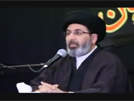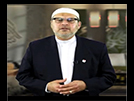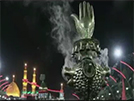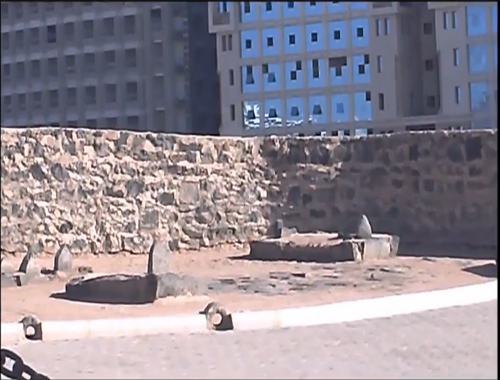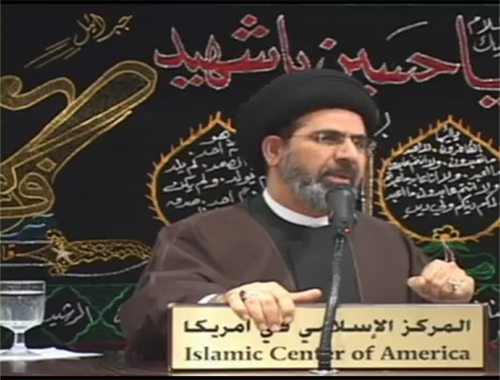Role of emigration
- Details
- Hits: 2070
Role of emigration
From Islamic point of view, emigration is one of the elements which make history. Reflect on the following verses: "When the angels take away the lives o f those who are wronging themselves, they ask them: In what circumstances were you? They answer: We were oppressed in our land. The angels say: Was not the earth of Allah vast enough for you to emigrate? It is they whose abode is Hell. What a bad fate! But as for those men, women and children who are weak and have neither the strength nor the means to escape. It may be hoped that Allah will pardon them. Allah is Compassionate, Forgiving. He who emigrates in the way o f Allah, will find many places o f refuge in the land and abundant means of livelihood. He who leaves his home, emigrating for the sake of Allah and His Messenger and is then overtaken by death, shall surely be rewarded by Allah. Allah is Forgiving, Merciful" . (Surahal‑Nisa,
4:97 ‑ 100).
If the suffocating environment of a place is not willing to accept the truth, pressure is so high that all values have been suppressed and if there is no possibility of impressing the surroundings and reforming society, one should find out a more congenial place, where faith, independance and truth may flourish, and go there. According to Islam, it is migration in its widest sense, which helps solve the problems and opens up new avenues. Islam enjoins emigration from closed and blind surroundings to open lands ready to accept the truth, from rugged mountains to populated places. It enjoins migration to study the nature and history of men, and migration from self‑centredness to Allah, from the straits of self‑seeking and self‑aggrandizement to the wider atmosphere of honor and humanity. When the Prophet of Islam found that his companions were under pressure, first he ordered a limited number of them to migrate to Ethiopia. At last by making contacts with the people of Medina and taking firm undertakings from them he secretly made the atmosphere of that city favorable to him and got ready to migrate to it.
All worldly goods and family, relations were sacrificed for the cause of faith, for the promotion of goal and for the continuation of struggle. With the emigration, for the holy Prophet and his loyal companions a new epoch in the history of the Muslims began. We know how effective this big step of emigration to Medina was in the expansion of the Islamic Movement.
A basic condition of the progress of a social movement is the formation of a disciplined and model group or society acquainted with and loyal to its ideology. In Medina a nation was formed, though on a very limited scale, but perfectly conforming to the required standard. In this small society there was no distinction of race, tribe or class. No one was nobler than others. Every kind of discrimination and distinction was set aside. Each individual, whether Muhajir (emigrant) or Ansari (original resident of Medina) had to put the principles of brotherhood and equality into actual practice. One Muhajir and one Ansari were declared to be the brother of each other and were made to share the house, the property and life jointly.
The holy Prophet issued the Medina charter, which was actually the constitution on which the social system of this city state was based. The rights, the obligations and the mutual relationships were fixed precisely on the basis of unity, justice and equity. New members joined the movement which slowly continued to spread.



